In the News

For Your Information
November 02, 2022
Mange is a parasitic skin disease found in free-ranging wildlife populations and has been increasingly reported in black bears over the last decade in New York State. This paper led by Cornell researchers describes the geographic, seasonal, and demographic factors associated with mange in NYS black bears.
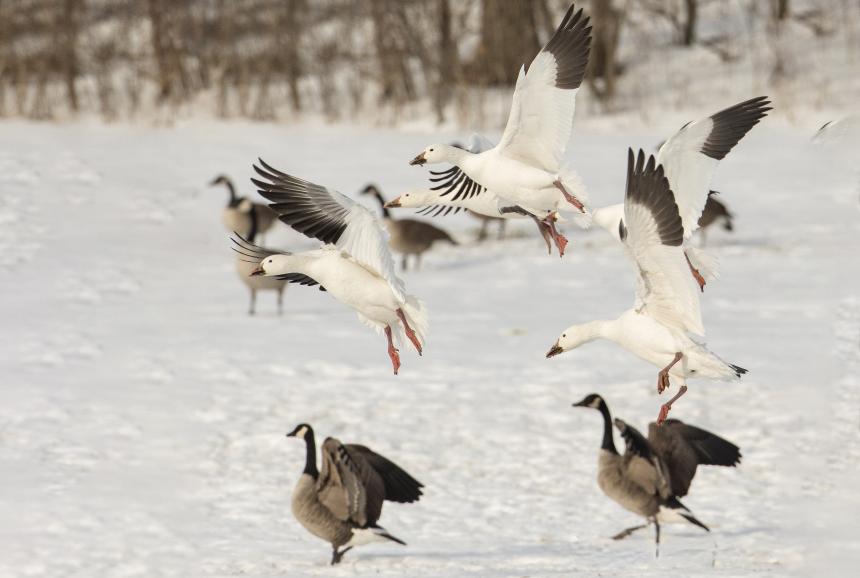
October 19, 2022
A new avian influenza, H5N1, is circulating rapidly across the country and affecting domestic chickens, wild birds and even mammals. Cornell's Dr. Krysten Schuler states that adding H5N1 as another stressor for birds whose lives are already challenged by climate change will start to have a broad-scale impact.
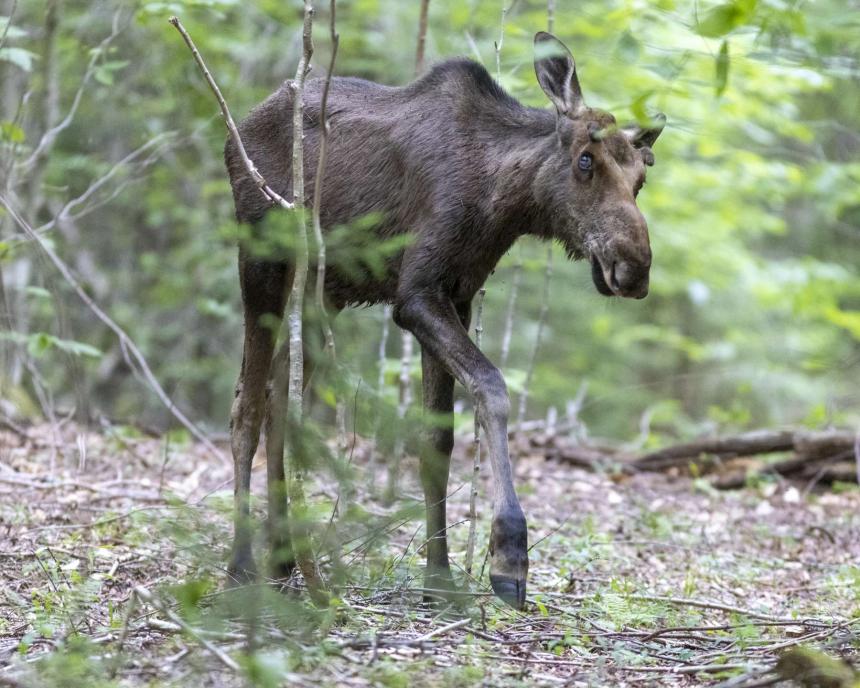
October 04, 2022
Moose returned to New York in the 1980s, but their population hasn’t grown as scientists expected. Research teams, including those at Cornell University and the Shingle Shanty Preserve and Research Station, are studying whether ecological and/or disease issues are causing this stagnation in moose population growth.
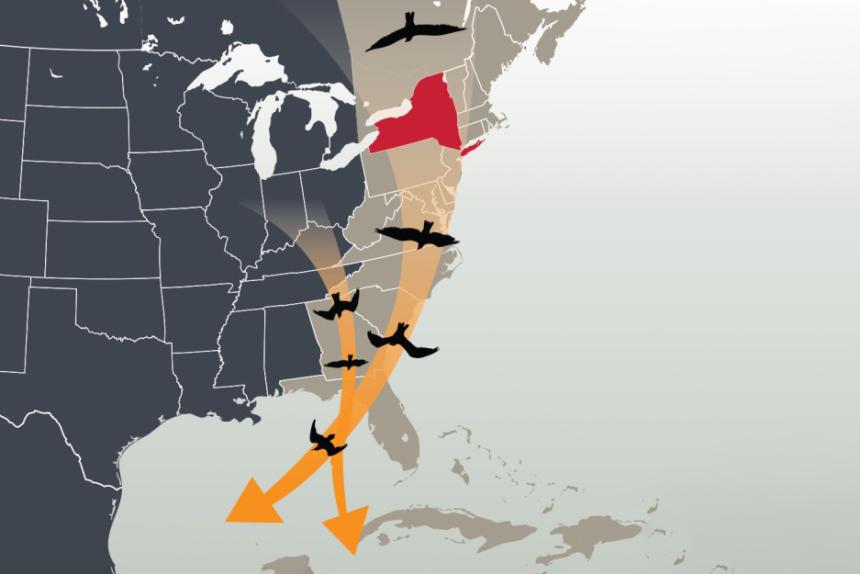
September 30, 2022
As part of a collaborative network, Cornell scientists are helping to track and detect highly pathogenic avian influenza in New York State. Cornell's Dr. Krysten Schuler notes that in addition to migratory birds, other wild birds can also be infected, such as bald eagles, owls, and other birds of prey.
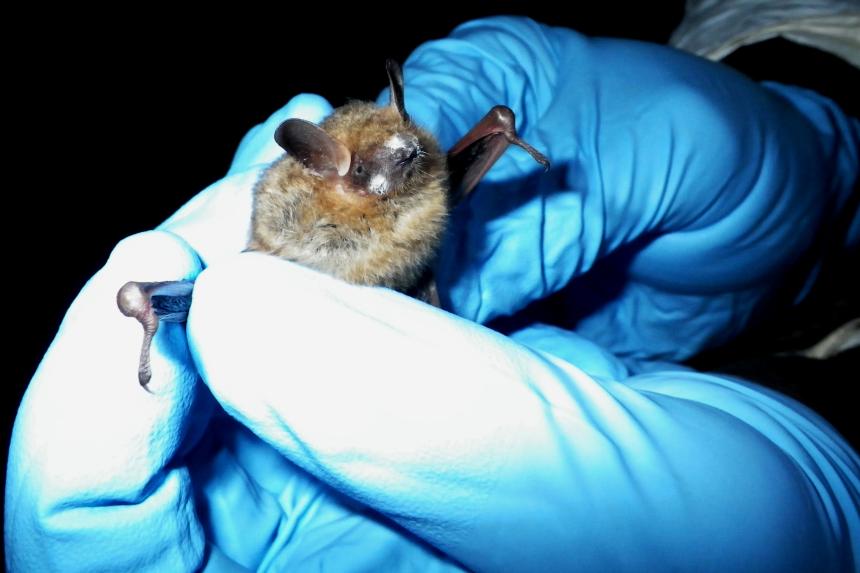
September 26, 2022
The U.S. Fish and Wildlife Service is proposing listing the tricolored bat as endangered after its population declined due to white-nose syndrome. Cornell's Dr. Elizabeth Buckles notes that the tricolored bat in particular has been in trouble for a long time and that this decision is long overdue.
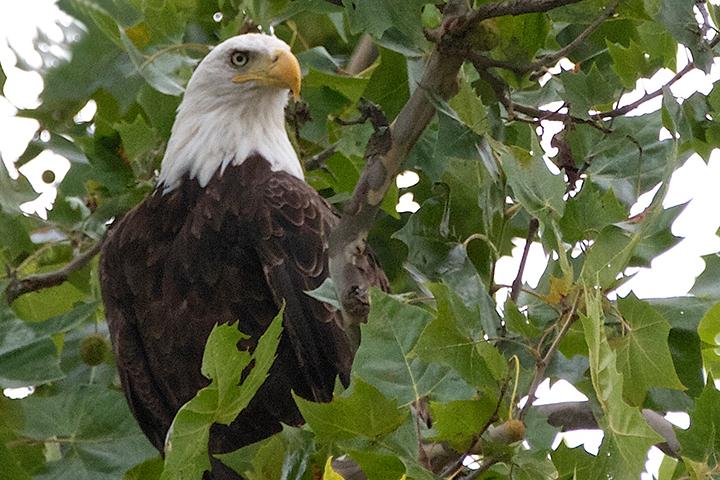
August 26, 2022
A bald eagle surprised fellow travelers as it was spotted being taken through a TSA checkpoint at a U.S. airport. Cornell's Dr. Krysten Schuler, who led a study showing bald eagles' population size is being threatened by lead poisoning, comments, "Even though the population seems like it's recovered, some perturbation could come along that could cause eagles to decline again."
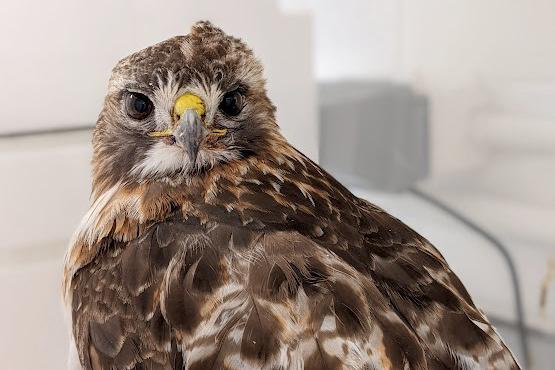
July 12, 2022
Birds of prey are in trouble, according to a recent study by Cornell researchers. Rodenticides are bad news for wildlife; poisoned rodents may not die immediately and are more likely to be eaten by raptors like red-tailed hawks, passing on the poison to them.
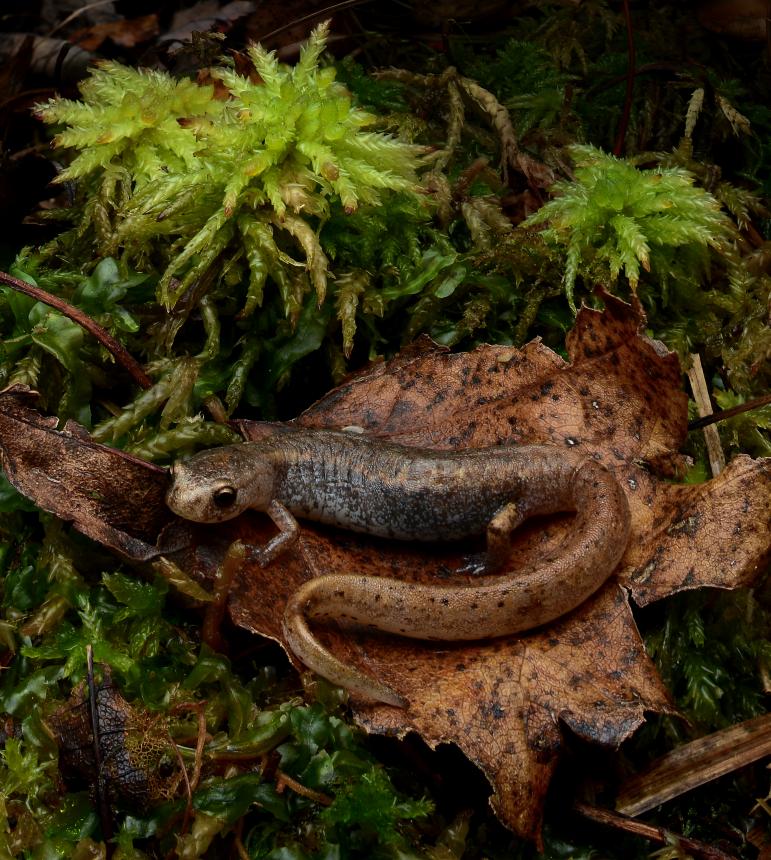
For Your Information
June 30, 2022
Successful conservation efforts for threatened species depend on accurate characterization of their distribution, habitat use, and threats. Environmental DNA (eDNA) monitoring can provide a sensitive and noninvasive alternative to traditional surveillance techniques.

June 27, 2022
West Nile virus may no longer be a death sentence to crows. In a new study from the College of Veterinary Medicine, wildlife experts describe successfully treating and releasing five American crows infected with the deadly disease, These are the first known crows to survive West Nile virus.
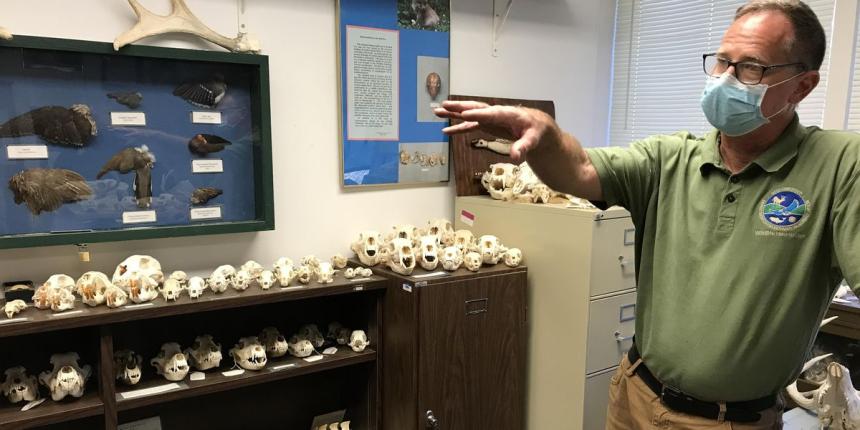
June 22, 2022
The effects of lead poisoning can vary depending on exposure, but they’re often devastating. Cornell wildlife ecologist Dr. Krysten Schuler notes that lead impacts every system in the body and that while eagles have been carefully studied, it’s likely that other animals are affected by lead poisoning too.
